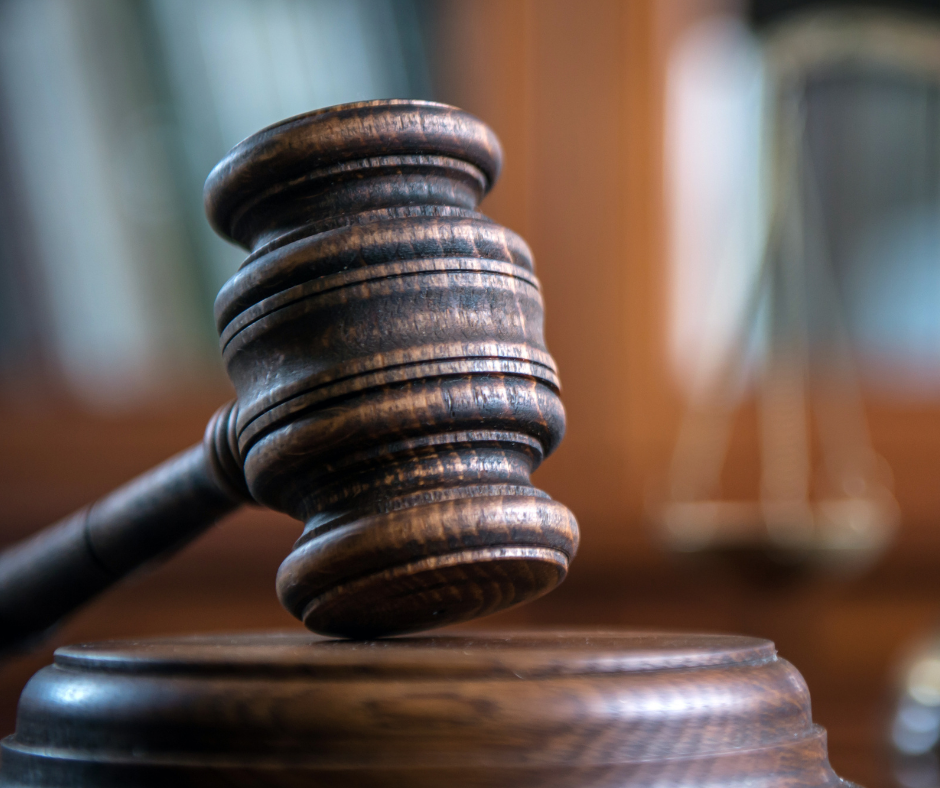#FreeBritney - How do Conservatorships in the US compare with the UK jurisdiction?
- 29.04.2021
- SamanthaSpain
- Court-of-Protection
American singer Britney Spears is set to address the Court regarding her conservatorship at a hearing on 23 June.
Whilst it is not known if Britney will attend the hearing in person, or what she will say exactly, a lawyer for the 39-year-old, Samuel Ingham, told a Los Angeles court earlier this week that his client wished to address the court directly, adding that Britney has asked for this to be done on an expedited basis.
How does the US law appointing conservators compare with UK Legislation?
Whilst I do not claim to know the detail of US Law, it seems that the appointment of a conservator is comparable to the appointment of a Deputy in UK Law and that there are two types, one for decisions relating to Property and Affairs (Finances) and one related to Health and Welfare (Personal).

Her father resigned as conservator for personal decisions in 2019 due to health reasons, and a care professional was appointed to take on this role. In the recent legal proceedings, Jamie’s appointment as the sole conservator for Britney’s finances has been changed to a joint appointment with The Bessemer Trust (a financial company) and extended until September 2021.
Britney is now continuing with legal proceedings to have her father’s authority to make decisions regarding her financial affairs removed completely.
Power of Attorney
In the UK if an individual loses the capacity to make decisions for themselves, the starting point is to check whether that person made a Power of Attorney when they were well and able to make decisions. A Power of Attorney allows a person to nominate whoever they would like to make decisions on their behalf if they are no longer able to decide for themselves.
Court of Protection
If a person has not made a Power of Attorney, and is no longer able to make decisions for themselves, then an application is made to the Court of Protection for the appointment of a Deputy under the authority of the Mental Capacity Act 2005.
The Mental Capacity Act
The Mental Capacity Act (MCA) states that there is a presumption of capacity unless a person has been assessed to lack capacity to make decisions for themselves.
A person is unable to make a decision if they cannot:
- understand the information relevant to the decision
- retain that information
- use or weigh up that information as part of the process of making the decision
Even if a person has a Deputy appointed, the decisions to be made for that person must be carefully considered. The MCA states that a Deputy can only make decisions for a person that they are unable to make for themselves and that is decision specific. For example, one person may not be able to manage and budget a supermarket shop, but another person may be able to manage their household expenses and utilities.
A Deputy must ensure that the individual in question is included in the decision-making process (where possible), that they are given the opportunity to have their wishes and feelings considered. If a Deputy believes that a person has capacity to decide something for themself, even if it is unwise, they must allow them to make that decision.
If a person does not have capacity to make a decision for themselves then a Deputy is to make the decision in the least restrictive way possible and in that person’s best interests (taking in to consideration their wishes and feelings and in consultation with other relevant people, relatives and other professionals etc).
Removing a Deputy
A Deputy can only be removed with the approval of the Court of Protection.
This can be in one of two ways, either by retirement of one Deputy and the appointment of another (such as with Jamie’s decision to step down as his daughter’s personal conservator and a care professional taking his place), or because the person is able to make decisions for themselves and no longer requires a deputyship.
In the latter situation, an application is made with a medical certificate to request the Court to “restore” them to the management of their affairs.
In the former, the Court will consider whether it is in the person’s best interests to change their deputy and whether the proposed new deputy is suitably qualified to act. For example, if there is a substantial sum of money or property to manage, it may be that the Court considers that it is only suitable to retire a professional Deputy (such a Solicitor) in favour of another suitably qualified professional Deputy.
It is likely that Britney will be appealing to the court in June for the Judge allow her to make her own decisions about her financial affairs or in the alternative, requesting the Court to remove her father’s authority over her financial affairs and to be fully supported in her decision making by the Bessemer Trust.
How our solicitors can help you
Here at Potter Rees Dolan we have a dedicated Court of Protection team who are experienced in dealing with a variety of clients in need of the services of a Deputy. Should you have any queries in relation to Deputyships, applying for a Deputyship or a change of Deputy then please feel free to call our expert Court of Protection solicitors for further advice on 0800 027 2557. Alternatively, fill out a contact form here.
